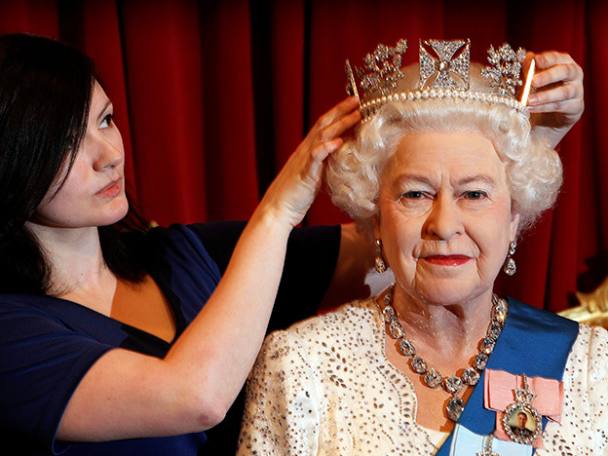Shareholder advisers Pensions & Investment Research Consultants (PIRC), Glass Lewis and ISS have encouraged Merlin Entertainment (MERL) shareholders to throw their support behind a joint £6bn bid from Blackstone, a Canadian pension fund and Kirkbi, the family that owns the Lego brand to take Merlin private.
In June, the world’s second-biggest visitor attractions operator said that it would recommend to shareholders a 455p a share offer to take the company private. The agreement came after its second-largest shareholder ValueAct, a US activist investor with a 9.3 per cent stake in Merlin, issued an open letter in May urging the company to “evaluate a public to private transaction”. The deal is expected to conclude in the fourth quarter of 2019.
PIRC, Glass Lewis and ISS are three prominent shareholder advisory services that provide proxy research to institutional investors. A PIRC spokesperson confirmed that the adviser has recommended that shareholders approve the scheme of arrangement, which was published on 1 August.
Glass Lewis published its recommendation on 19 August. “The consortium recognises the significant, long-term investment which is required to ensure the longevity of the company's existing assets and to drive future growth,” it said. “We would suggest that such long-term perspectives and capital requirements are perhaps better suited for a privately-held company.” ISS noted the offer's premium of 21.3 per cent over the stock price two months prior to the deal's announcement, along with the fact that the consideration is in cash, "which provides certainty of value to shareholders".
The offer will need 75 per cent support from eligible shareholders to pass. The consortium has so far received irrevocable commitments from shareholders representing around 10.02 per cent of Merlin's issued ordinary share capital, and 14.23 per cent of eligible Merlin shares for the vote. This is comprised of Merlin's directors and ValueAct, which have 1.03 per cent and 13.21 per cent of eligible shares respectively. As part of the consortium, the Kirkbi family will not be able to use the voting rights on their existing 30 per cent position. The deal is expected to conclude in the fourth quarter of 2019.
The consortium made a total of four approaches for Merlin, and an initial unsolicited bid of 425p a share “was not at a level which…reflected an appropriate valuation of Merlin and its future prospects”, the board said at the deal's announcement. The offer represents a 36.8 per cent premium to the shares’ closing price of 333p on 22 May, the day before ValueAct’s letter was published. Upon the announcement of the offer, Merlin chairman John Sunderland was quoted in the Financial Times saying that the letter had not influenced the deal. Merlin declined to comment on our story.
Merlin has had a mixed recent history, with management previously citing the 2017 London terror attacks as a drag on performance, while in 2015 a rollercoaster crash at the Alton Towers resort prompted a profit warning. Berenberg analysts recommended that shareholders accept the offer following its announcement, on the basis that management would be “able to focus on improving underlying performance without the added scrutiny of being a public company”. But in July, ratings agency Moody’s warned that going private could prompt a downgrade of its Ba2-rated $400m (£328m) and €700m (£637m) senior notes due 2026 and 2022, owing to a probable rise in its debt.
At Merlin’s half-year results in August, the group reported a 26 per cent year-on-year contraction of its statutory pre-tax profits. Chief executive Nick Varney noted an improvement in its London operations but commented that Legoland performance has “been more disappointing”, owing to bad weather, difficult market conditions and a weak contribution from the second Lego movie.










